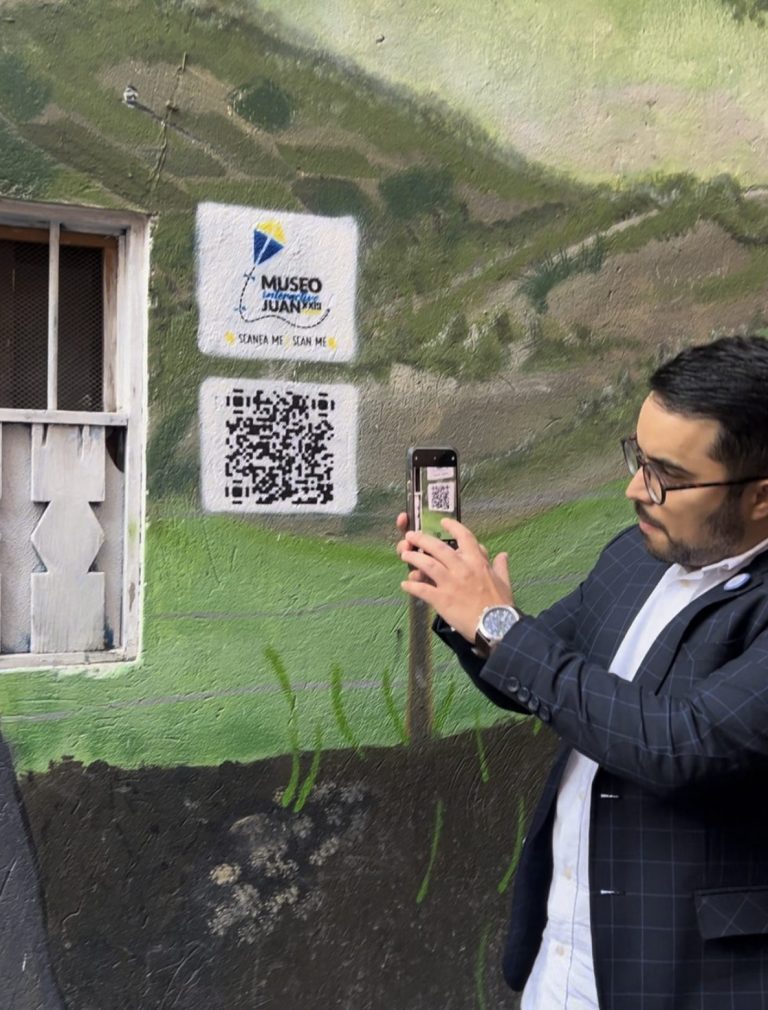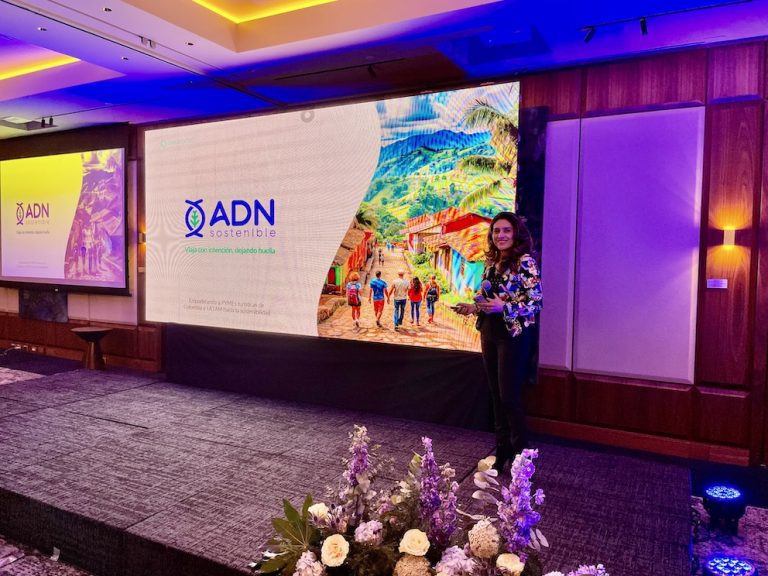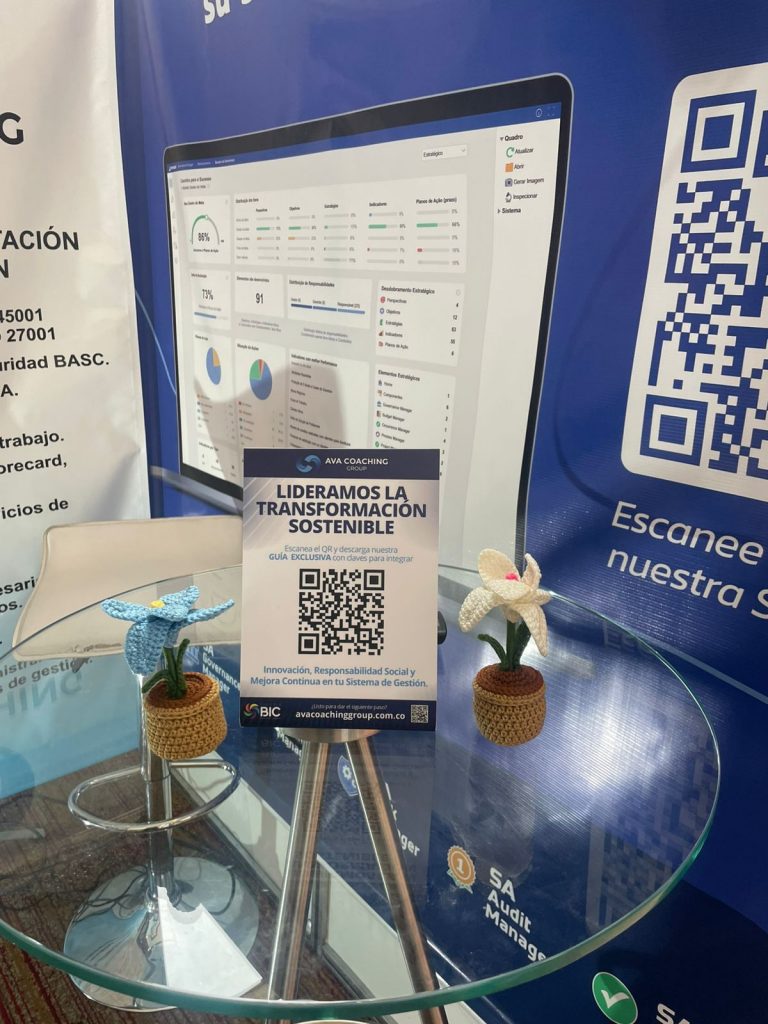The future of tourism is at a turning point, where growth and massification are no longer sufficient to guarantee its long-term viability. The current approach must evolve to include the entire tourism value chain in a genuine commitment to sustainability and added value. This involves not only tour operators, but all stakeholders, from local service providers to host communities and the ecosystems that sustain tourism.
Natalia Bayona, Executive Director of the World Tourism Organization (UNWTO)recently emphasized in a LinkedIn post that "tourism is on track to set another record in terms of visitor numbers." However, he also stressed that the model based solely on visitor numbers must change. Bayona stated that it is essential to measure tourism in terms of its social, economic, and environmental impact to ensure true added value. This evolution is necessary to strengthen local communities and residents and ensure the long-term sustainability of the sector.
At Simbiotic, we develop this approach to sustainability and implement it holistically. Every link in the tourism value chain, from resource management to service delivery, plays a crucial role in creating a tourism sector that is not only profitable but also has a lasting positive impact on people and the planet. This integrated vision is essential to ensuring a sustainable future for the industry.
🌱 Sustainability in Tourism: A Commitment Across the Entire Value Chain
The impressive growth of tourism worldwide has generated both opportunities and challenges. Spain, for example, expects to receive almost 95 million foreign tourists in 2024, a historic record according to reports. El País However, this growth has been accompanied by protests against mass tourism and its negative effects on the quality of life of local communities. This phenomenon is not unique to Spain and has intensified in many popular destinations around the world.
To address these challenges, it is essential that the entire tourism value chain, from transportation providers to accommodation operators and tourist attractions, adopt a sustainable approach. This involves implementing practices that minimize environmental impact, promote social well-being, and generate economic value that benefits all parties involved. As Bayona emphasizes, the current model must evolve to strengthen territories and maximize added value through more conscious and responsible tourism.

📊 Measurement and Continuous Improvement: A Collaborative Effort in the Value Chain
At Simbiotic, we believe that the key to truly sustainable tourism lies in accurately and continuously measuring its impact. This effort must be a collective commitment by all actors in the value chain. From the economic impact generated by investment and employment to the well-being of local communities and environmental sustainability, every aspect of tourism must be measured and managed to ensure its long-term success.
That is why we believe in the use of technology, and why we have integrated measurement systems into several of our projects that allow all stakeholders to assess their impact, from comprehensive waste management to the impact on communities.
This comprehensive approach allows areas for improvement to be identified throughout the value chain, driving innovation and ensuring that all stakeholders can adapt to new market demands. As demand for sustainable practices increases, tourism companies that actively participate in assessing and improving their impact not only meet regulatory expectations but also position themselves as leaders in an increasingly competitive global market.
Example of KPIs of project "Juan XXII Interactive Museum"
🌎 Sustainability as Added Value for the Future of All Tourism Stakeholders
For sustainable tourism to become a reality, it is essential that every link in the value chain sees sustainability as a business opportunity that benefits all actors in the tourism value chain, rather than as an additional cost or burden. At Simbiotic, we help our partners transform their sustainable commitments into tangible value. This is achieved not only through the adoption of responsible practices, but also through effective communication that resonates with customers and reinforces the company's commitment to conscious, quality tourism.
Hotels that implement energy-saving policies, restaurants that promote local and organic products, travel agencies that offer authentic and respectful cultural experiences, and transport companies that are committed to sustainable mobility options are all generating added value that goes beyond the simple provision of services. This collaboration in the tourism value chain not only minimizes negative impacts, but also enriches the traveler's experience and strengthens the local economy.
🔗 Tourism of the Future: A Value Chain United by Sustainability
The tourism of the future is not just about attracting more tourists, but about building a sector that benefits the entire value chain equally, united around sustainability. From local communities to service providers to end consumers, everyone has a role to play in building a more responsible and equitable tourism industry.
At Simbiotic, we are committed to leading this change, working with all stakeholders in the sector to ensure that every link in the chain benefits from the opportunities that sustainability offers. By integrating effective measurement systems, develop coherent communication strategies and prioritize a positive impact at the local and global levels, tourism companies can ensure not only their long-term success, but also the well-being of the communities and ecosystems that depend on the industry. This collaborative and sustainable approach is essential for tourism to remain a transformative force and a driver of global development. 🚀🌿
FAQ
The value chain in sustainable tourism includes all stakeholders involved in the industry, from service providers to local communities, and focuses on minimizing environmental impact and maximizing social and economic benefits.
Sustainability improves reputation, increases customer loyalty, reduces long-term costs, and opens up new business opportunities for all actors in the value chain.
Local suppliers are key to sustainable tourism, as they offer products and services that respect the environment and local cultures, promoting inclusive economic development and preserving the authenticity of destinations.
Collaboration can be achieved through strategic alliances, the exchange of best practices, and the implementation of policies and systems that promote sustainability at all levels of the value chain.
Technology facilitates efficient resource management, enables impact measurement and monitoring, and helps companies quickly adapt to new sustainability demands, benefiting all actors in the value chain.
Challenges include lack of awareness, resistance to change, the initial investment required, and the need for alignment among all actors in the value chain to effectively implement sustainable practices.




